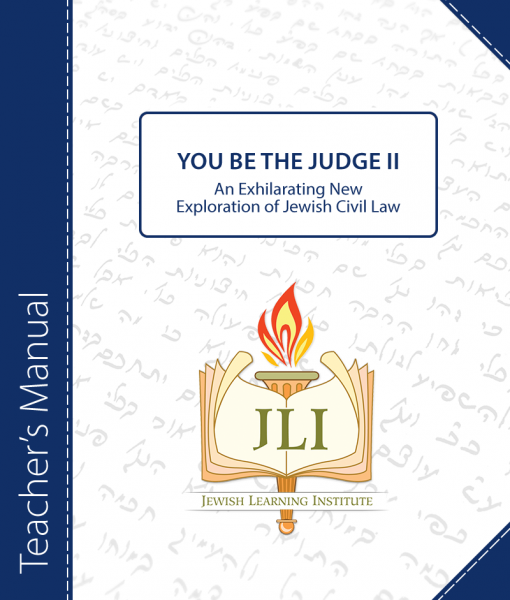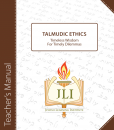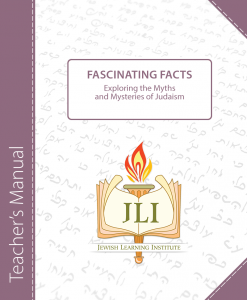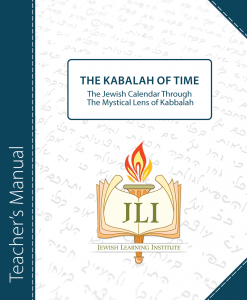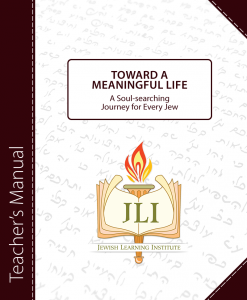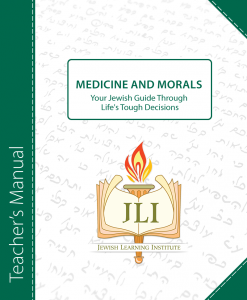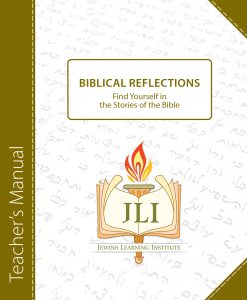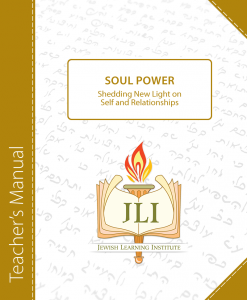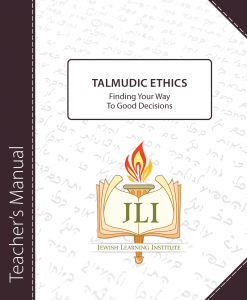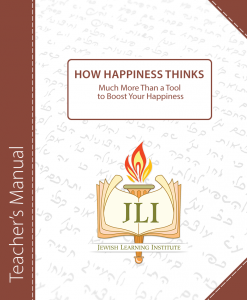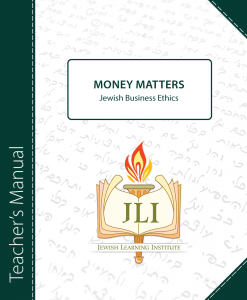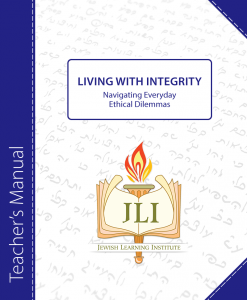Home/Browse by Topic/Previous JLI Courses/Talmud Civil Law and Ethics
You Be the Judge II
How does an ancient system of law adapt to the modern world? See how Talmudic scholars respond to new advances in technology and society while remaining faithful to eternal principles. You Be the Judge II presents six new cases that invite you to pit your wits against some of the best minds in Jewish history.
Contact us for more information.
Do you enjoy puzzles and problem-solving? Do you love the give-and-take of thoughtful discussion? Can you use logic and creativity to work your way out of challenging situations? Then this course is for you.
The Rohr Jewish Learning Institute’s groundbreaking course, You Be The Judge, presented real cases brought before the beit din, the court system of Jewish Law. We provided the primary texts from the Talmud and asked our students to grapple with the facts in order to arrive at satisfying solutions.
This February, JLI is proud to present You Be The Judge II, a collection of six totally new cases. You need no prior knowledge of the Talmud and no formal legal training. There are no prerequisites other than an open mind.
If you missed You Be The Judge I, we invite you to experience for yourself the exhilarating mental exploration that characterizes traditional Talmud study. And if you took our previous course, be sure not to miss this exciting sequel.
Lesson 1
Inheriting the Fruits of Sin
Can murderers inherit from their victims? This lesson compares the approaches of Jewish and secular law to this audacious claim.
Lesson 2
The Accidental Treasure
Your contractor demolishes a bathroom wall and discovers a rusting lockbox containing cash. Who gets to enjoy this unexpected windfall?
Lesson 3
Burden of Proof
What happens if two people lay claim to the same object but have no witnesses or documents to bolster their claim? Is possession always nine tenths of the law?
Lesson 4
The Neighbor Advantage
Jewish law dictates that when a property is sold, the neighbors must be given the first option of purchase? Must one sell to a neighbor if there is a higher bidder?
Lesson 5
The Taskmaster
Employees are accorded certain rights and protections that are not granted to independent contractors. But just who is considered an employee?
Lesson 6
The Do-Gooder
If your neighbor’s son mows your lawn without asking you first, is he entitled to compensation? How about someone who decides on his own to pay your debts? What do you owe a do-gooder?

